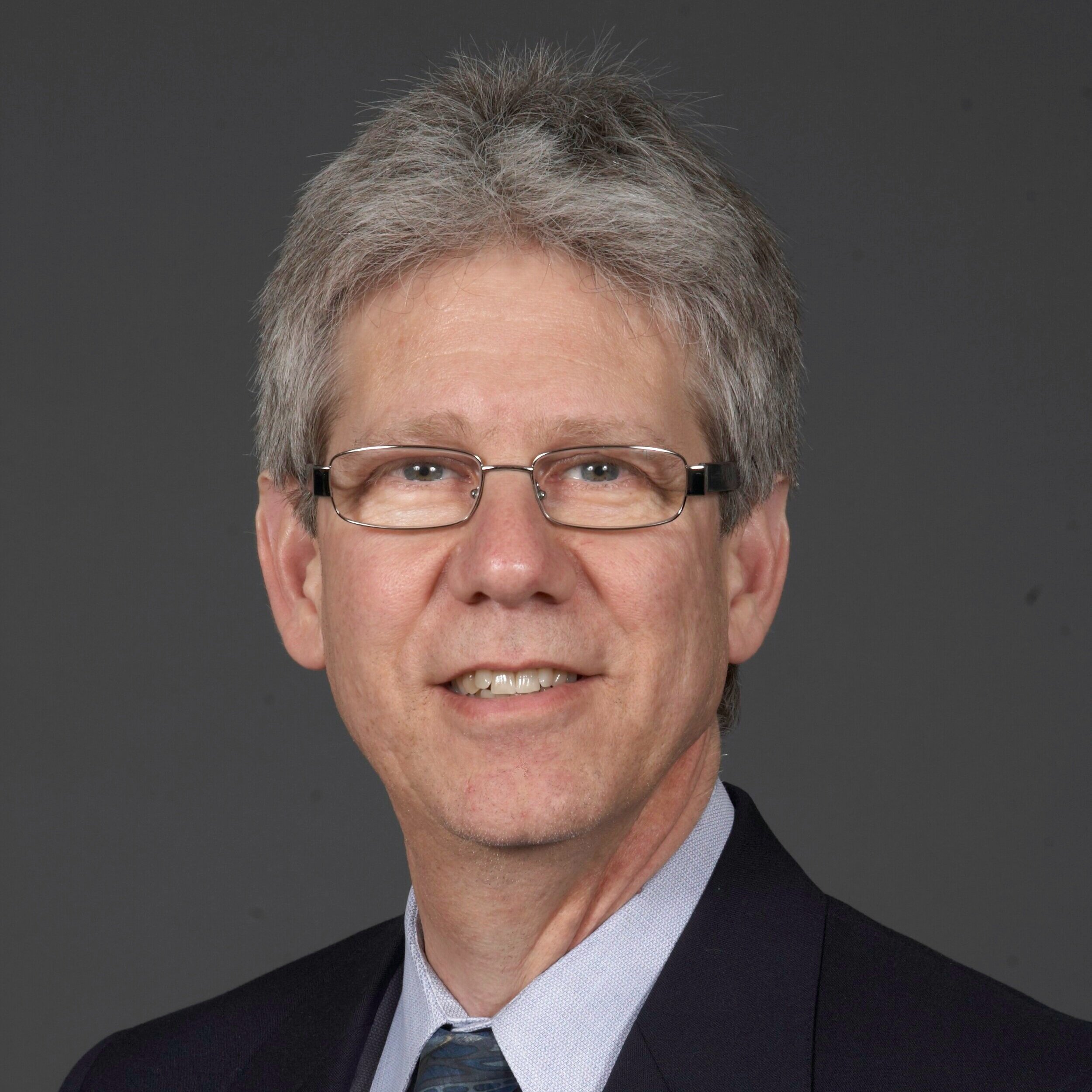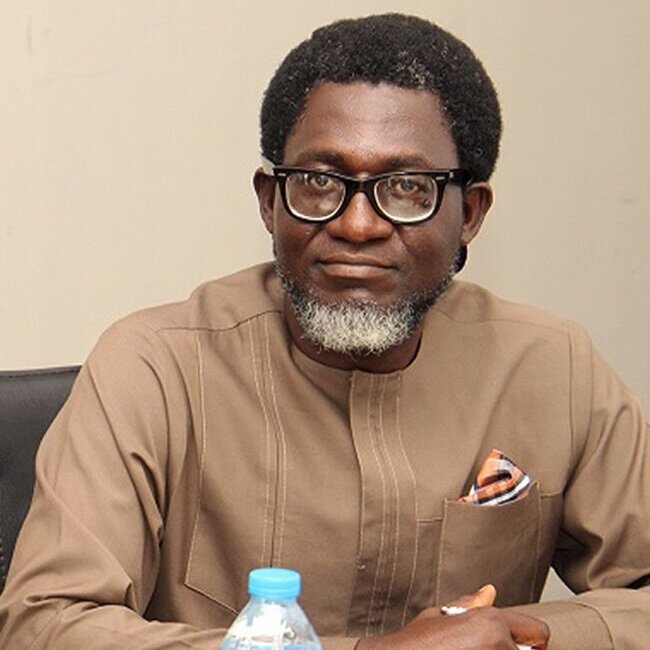Summary of the Event
The event kicked off at 7am GMT with a morning yoga video performed by Adriene.The Virtual Symposium hosted over 25 renowned sustainability leaders, environmentalists, researchers, specialists on health, botanic conservation, resource management sustainable agriculture and building from around the world. Speaker such as Jeffrey Sachs, Adenike Akinsemolu, Marc Rosen, amongst others share their insights on our path towards sustainable development.
LISTEN TO PODCAST
ABOUT THE SPEAKER
Marc A. Rosen, Ph.D., is a Professor at University of Ontario Institute of Technology in Oshawa, Canada, where he served as founding Dean of the Faculty of Engineering and Applied Science
ABOUT THE MODERATOR
Segun Adaju is the CEO, BlueOcean Nigeria and Consultant/ Financial Advisor to SolarNigeria Programme funded by DfID. Segun has provided expert services as a consultant.
Q & A (SELECTED)
Segun Adaju: How can multinational corporations ramp up renewable energy in developing countries and what government policies could incentivize the transition of multinational corporations to renewable energy?
Marc Rosen: In many ways they are really well suitors to help multinationals by the nature of their work, do a lot of work and when they are involved in energy and renewable energies they bring strong expertise to the table. The expertise will develop the expertise that makes the biggest economic profit for them at that time. But once they have that expertise it is easy to extend it, to share it, to use it in other places where it wouldn’t have been a first choice. Multinationals can take new technologies development like solar, wind, the new geothermal, and apply in different areas where they do work, have relations and find ways to make those technologies work. They could maybe find ways to make economic implements that works or maybe environmental incentive that makes more sense to take advantage of those and tailor the work they have done in one country to work in another.
Governments need to help in government policies. They need to have incentives where it’s in the long term interest of the country to have renewable energies but maybe short term difficult like prices making it not economically useful or beneficial right now but in the next 20 years that won’t be the case and we want these renewable energies to come on board. Equally in terms of issues like Climate Change, the more the government can do to allow sharing of credits for work done.
Segun Adaju: What is the role of private investment in accelerating the growth of renewable energy?
Marc Rosen: In some ways it extends on the previous answer. Private investment is interesting. Dealing with companies big and small, they are much more careful because it is their money, they don’t want to put their money out unless there is something beneficial coming back to them, otherwise they can’t answer to their bosses, owners or stakeholders depending on how the structure of the companies is set up. When it comes to helping, private companies are also very good at looking for the beneficial opportunities so that their consent make sense for them and they don’t need to worry about the world or country, they look for their own interests and they often have unique features where certain renewable energies make sense. It might be a type of renewable energy in a particular environment and the private company is suited to say we see an opportunity for us.
Private companies can often look for revenue for at most 2 years for an investment when they are willing and this is not easy looking long term but where they see investment pays off for 5 or 10 years which is often necessary for renewable energy resources that have larger front capital cost. Private companies can decide that we are willing to wait, we see the investment benefit and understand the benefit for the company and they can move quite aggressively on opportunities where they think it is the long-term interests for the company.
Segun Adaju: Dr. Akinsemolu in The Principles of Green and Sustainability Science enumerated emerging renewable energy technologies to include; solar glass, thorium nuclear reactors, cellulosic ethanol, space-based solar power, and fuel-cell electric vehicles. How can these technologies be subsidized, and their scalability increased?
Marc Rosen: I have read Dr. Akinsemolu’s book and I found it actually very fascinating, incredible good book and I enjoyed it very much. She does points out those emerging technologies and some of those are the toughest. I think they need subsidizes, researching development to bring them to commercial potential. All of these have a worth benefit and are worth looking at, the researches is how we look at them and determine whether the negatives kill them or outweigh them in the long run or whether the positive prevail and the negative can be off set, may have been somehow managed. Then we look at scalability, can we commercialize it, make many of them, drive the prices down and have many implementation sites (that is different countries that find them beneficial). And with that I think that subsidizes are needed for renewable energies not infinite but have to be proportional to the benefits of these technologies present and where they don’t plan out, the subsidize from ancient can be cut off but where they have huge benefits we need to create a commercial market. Of course subsidize maybe necessary but that’s a standard way for the government to kick start any new technology that shows benefits for the society.
Quote
“When it comes to energy, there is no perfect solution,if there was… we would have taken advantage of it and everybody would have been using it 100%... ”
“ When it comes to helping, private companies are also very good at looking for the beneficial opportunities..,”
FURTHER READING
S K Sansaniwal, K Pal, Marc Rosen, S K Tyagi. (2017). Recent advances in the development of biomass gasification technology: A comprehensive review. Renewable and Sustainable Energy Reviews
Marc Rosen. (2012). Exergy: energy, environment and sustainable development. Newnes
Marc Rosen, I Dincer, M Kanoglu. (2008). Role of exergy in increasing efficiency and sustainability and reducing environmental impact. Energy policy





























